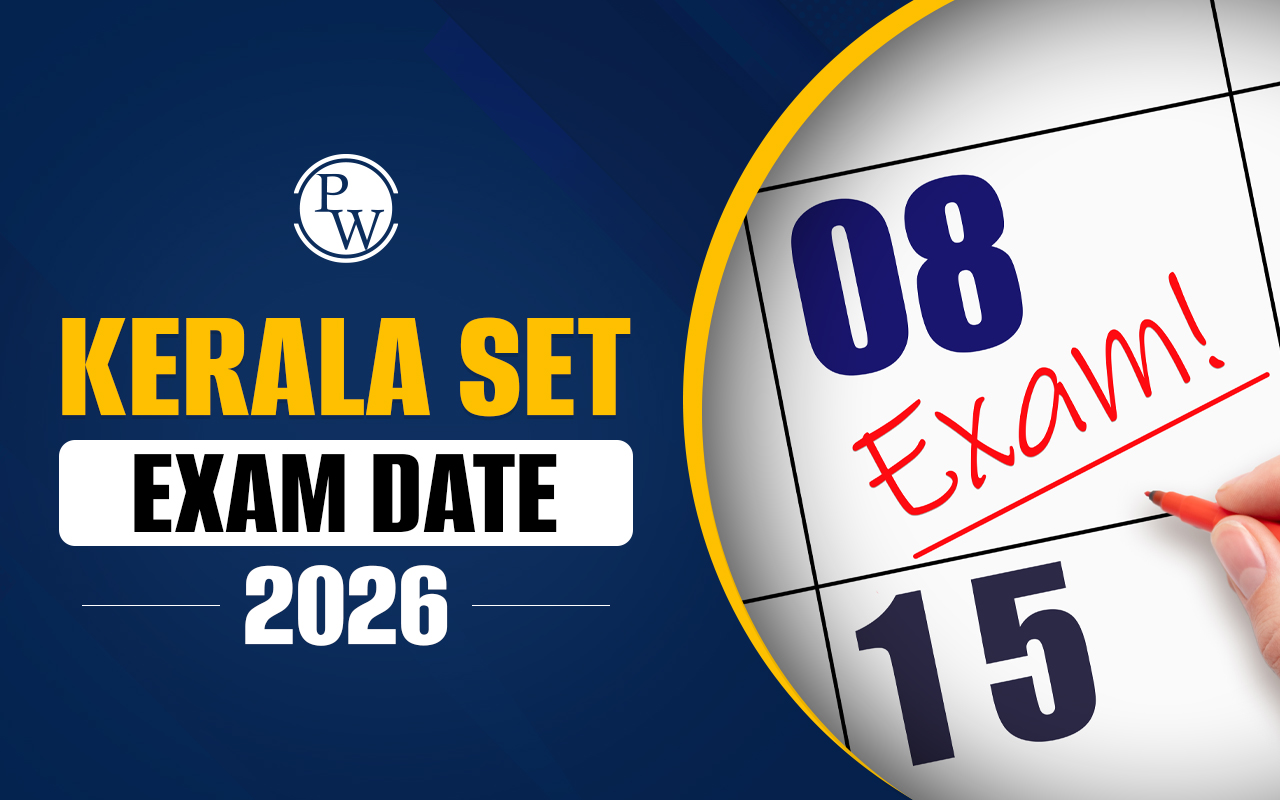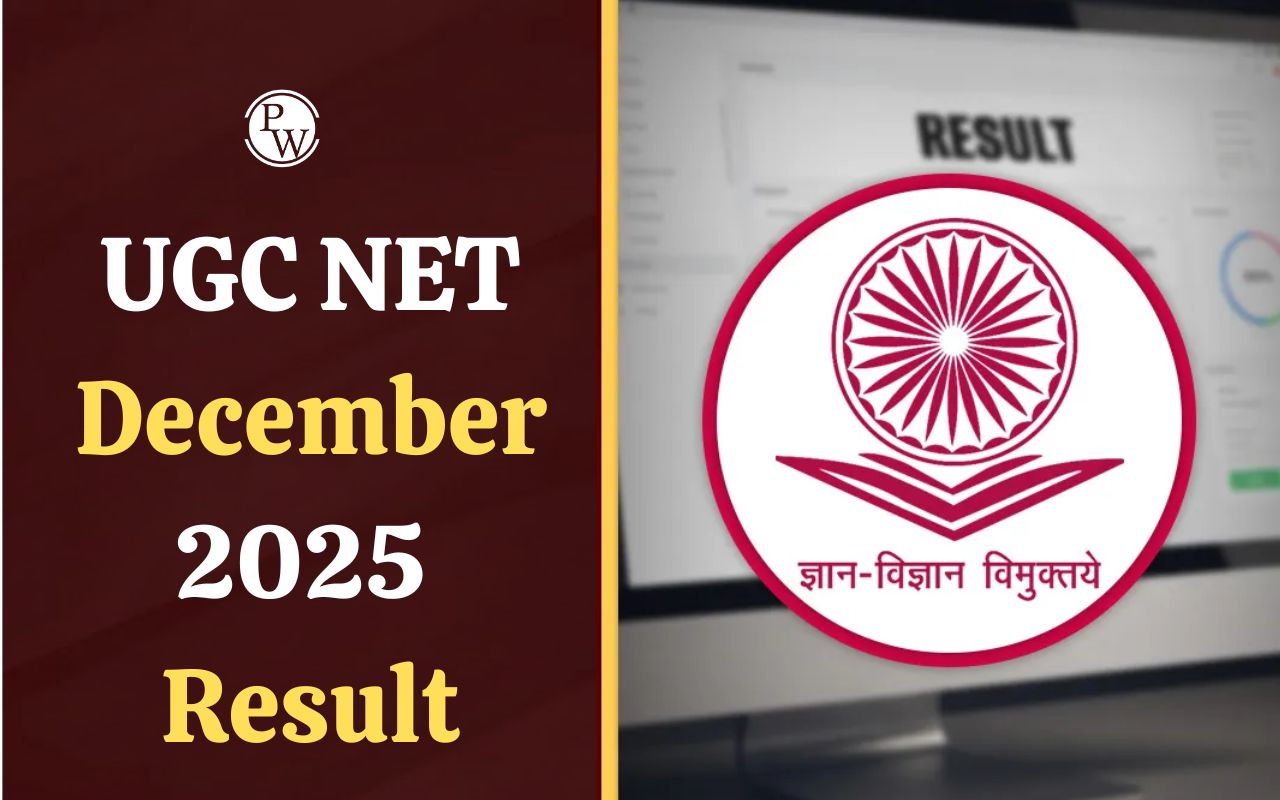
How to become an Assistant Professor after qualifying UGC NET exam: After qualifying for the UGC NET exam, you can apply for Assistant Professor positions in colleges and universities. If you have cleared only NET, you are eligible to teach in government and private institutions. If you have qualified for NET & JRF, you can also pursue a PhD and apply for research fellowships.
Many universities prefer candidates with a PhD degree for permanent teaching positions. Besides teaching, you can explore research opportunities in government institutes or apply for academic roles in Public Sector Undertakings (PSUs).
What is UGC NET?
The University Grants Commission National Eligibility Test (UGC NET) is a national-level exam conducted by the National Testing Agency (NTA) to determine eligibility for Assistant Professor positions in colleges and universities. Candidates who qualify for Junior Research Fellowship (JRF) can also apply for research programs and pursue a PhD.
The exam has two papers: Paper 1 tests general teaching and research aptitude, while Paper 2 focuses on the specific subject. Both are conducted in computer-based test (CBT) format. Those who clear UGC NET can apply for teaching roles, while NET & JRF qualifiers get research fellowship opportunities.
What is an Assistant Professor?
An Assistant Professor is a faculty member in a college or university responsible for teaching, research, and academic development. They teach undergraduate and postgraduate students, guide research projects, and contribute to their subject’s growth.
To become an Assistant Professor, candidates must qualify for UGC NET and meet educational requirements like a Master’s degree with a minimum of 55% marks. In many universities, a PhD is also required. It is a prestigious job that offers stability and career growth in the academic field.
Assistant Professor Eligibility
To become an Assistant Professor in India, you need to meet the following criteria:
UGC NET Qualification
-
You must pass the UGC NET exam in your subject.
-
Some universities may also require additional selection processes like interviews.
PhD Requirement
-
While a PhD is not mandatory for all institutions, many top universities and IITs/NITs prefer candidates with a PhD.
-
If you have NET + JRF, you can pursue a PhD with a research fellowship, making it easier to secure a teaching position.
Minimum Academic Qualification
-
You should have a Master’s degree (postgraduate) in your subject.
-
A minimum of 55% marks is required (50% for reserved category candidates).
How to Become an Assistant Professor After Qualifying UGC NET
Once you qualify for the UGC NET exam, you can follow these paths to become an Assistant Professor:
1. If You Have Qualified for NET and JRF
If you have cleared UGC NET and JRF, you have additional opportunities:
-
Pursue a PhD: JRF-qualified candidates can enroll in PhD programs in their subject. Many universities offer research fellowships.
-
Apply for Research Positions: Institutions like IITs, IISc, ICMR, ICSSR offer research fellowships to JRF-qualified candidates.
-
Higher Salary and Preference: Candidates with a PhD and JRF qualification often get better opportunities in universities and research institutes.
2. If You Have Qualified Only for NET
If you have cleared only UGC NET (not JRF), you can still apply for Assistant Professor positions:
-
Many government and private universities accept NET-qualified candidates for teaching positions.
-
You can apply for guest faculty, contract, or permanent positions in colleges.
-
If you plan to pursue a PhD later, qualifying for UGC NET is an advantage.
3. Other Career Opportunities After UGC NET
After qualifying for UGC NET, you can apply for an Assistant Professor job in college or explore other career opportunities. Research roles in top institutes and PSUs also offer great prospects.
Research Jobs in Government Institutes
Many government institutions hire UGC NET-qualified candidates for research positions. Some of these institutes include:
-
Indian Council of Social Science Research (ICSSR)
-
Indian Council of Medical Research (ICMR)
-
Indian Institute of Science (IISc)
-
Indian Institutes of Technology (IITs)
Public Sector Undertakings (PSUs)
Some PSUs hire UGC NET-qualified candidates for research and academic roles. Examples include:
-
BHEL (Bharat Heavy Electricals Limited)
-
ONGC (Oil and Natural Gas Corporation)
-
NTPC (National Thermal Power Corporation)
How to Become an Assistant Professor FAQs
Can I become an Assistant Professor after qualifying UGC NET?
Is a PhD required to become an Assistant Professor?
What is the benefit of qualifying for JRF along with UGC NET?
Can I apply for government colleges after clearing UGC NET?
Are there any jobs other than teaching after UGC NET?










